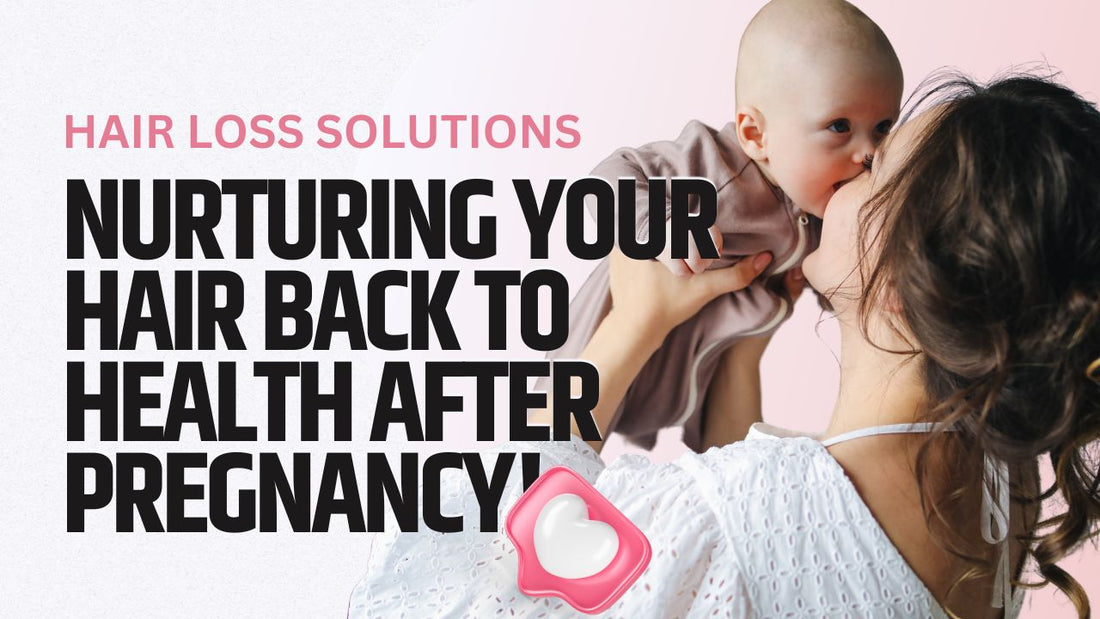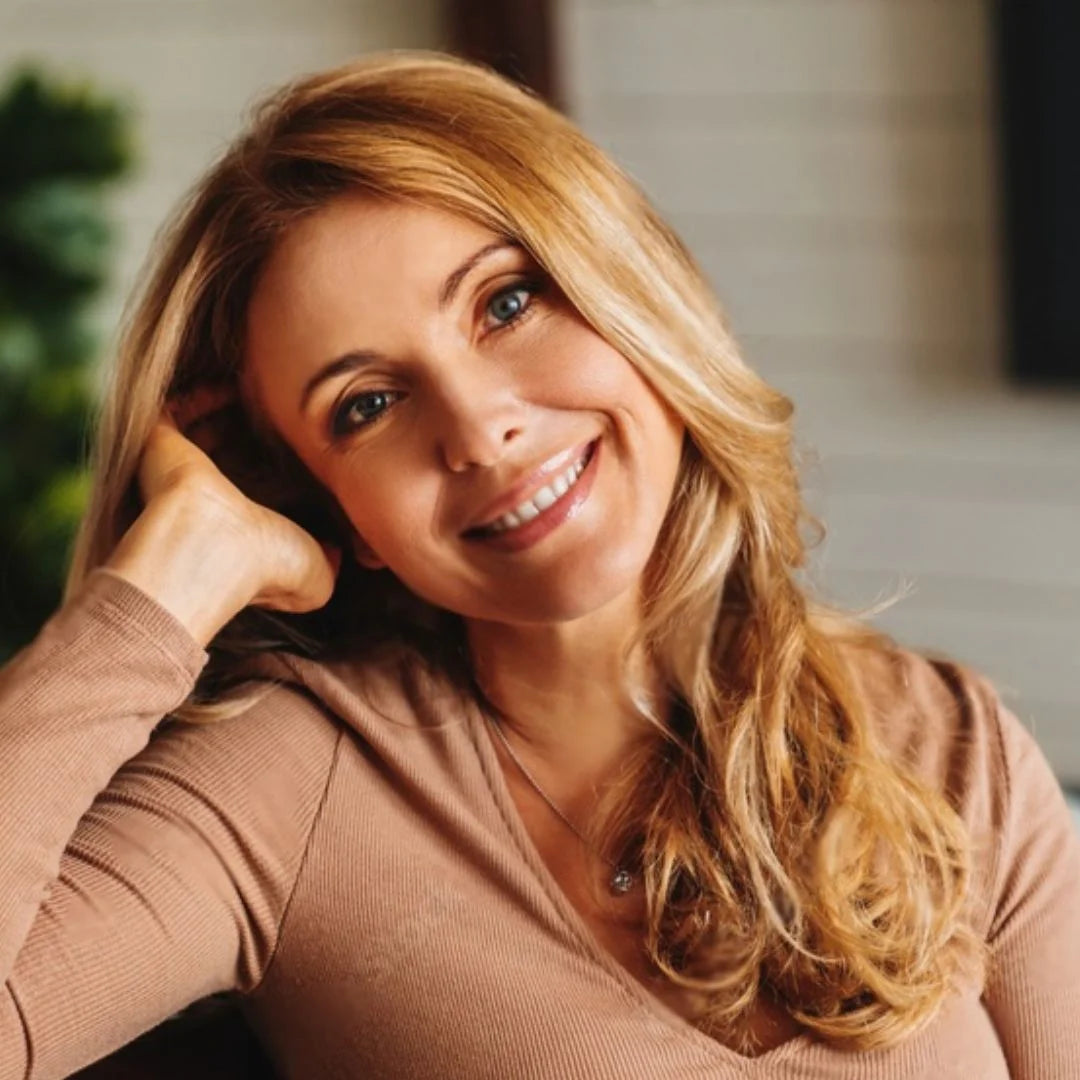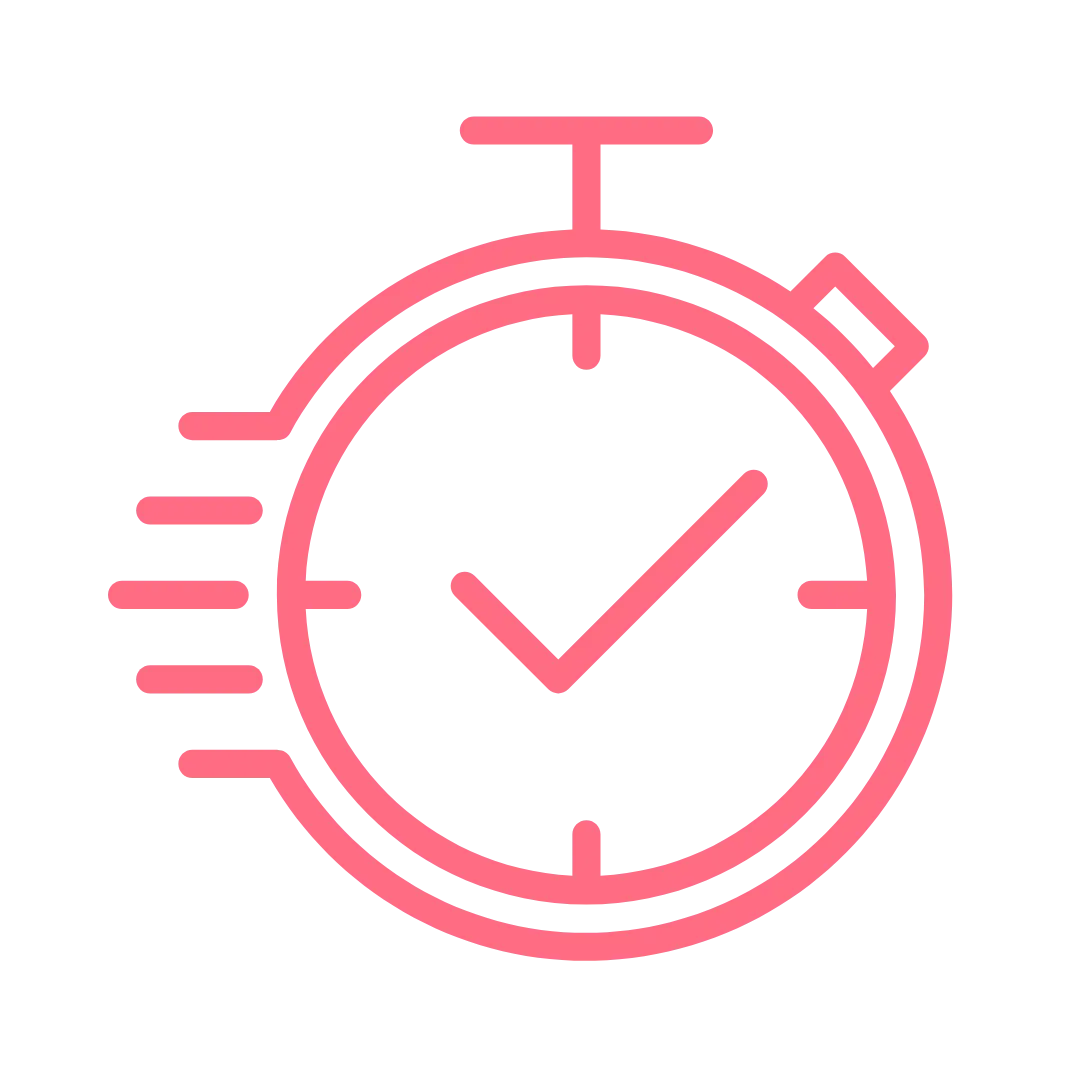
Nurturing Your Hair Back to Health After Pregnancy
Share
Every mother is familiar with the transformations pregnancy induces in the body, including fluctuations in hair health after pregnancy. While many rave about the radiant hair during pregnancy, the subsequent hair loss postpartum can be startling. If you're navigating these challenges, rest assured you're not isolated in this journey. Our guide delves deep into understanding hair health after pregnancy, offering comprehensive insights and effective strategies to reclaim your hair's vitality and luster following childbirth.

Understanding Post-Pregnancy Hair Changes
Hormonal changes and their effects on hair
During pregnancy, heightened estrogen levels often result in thicker, fuller hair. However, after childbirth, these levels drop back to normal, leading to hair shedding or what's scientifically known as "telogen effluvium". Essentially, the hair that didn't fall out during pregnancy now begins its natural shedding process.
Hair shedding vs. hair loss: Know the difference
It's crucial to distinguish between hair shedding and genuine hair loss. Shedding after pregnancy is typical and generally resolves on its own. However, if you notice bald patches or significant thinning, it might be an indicator of actual hair loss, which could be due to factors beyond pregnancy.
Typical timeline of hair changes post-pregnancy
Usually, postpartum hair shedding starts around three months after childbirth and might continue up to a year. It's a temporary phase, and with the right care and patience, your hair will gradually return to its pre-pregnancy state.

Best Practices for Hair Care After Pregnancy
Nutrition and Diet
Nourishing your body from within plays a paramount role in hair health.
- Essential vitamins and minerals for hair health: Prioritize Vitamin E, B-vitamins (especially biotin), iron, and zinc. These nutrients not only promote hair growth but also prevent hair loss.
- Foods to boost hair strength and reduce shedding: Incorporate foods like spinach, eggs, sweet potatoes, and avocados. These are rich in the essential nutrients your hair craves.
- The role of hydration: Drinking adequate water daily ensures that hair remains hydrated, reducing breakage and dryness.

Gentle Hair Handling
While it's tempting to style your hair as you did before, now is the time for gentleness.
- Choosing the right hairbrush: Opt for a wide-toothed comb or brushes with soft bristles. These reduce friction and minimize breakage.
- The do's and don’ts of styling: Avoid tight hairstyles like ponytails or buns, which can stress your hair roots. If using hairbands, choose those without metal parts.
- Importance of avoiding heat treatments: As much as possible, refrain from regular use of hair straighteners, curling irons, or blow dryers. These can exacerbate dryness and lead to further hair damage.

Optimal Hair Washing Routine
Your washing routine can either support or hinder your hair's recovery.
- Deciding on the right frequency: Overwashing can strip your hair of natural oils. Aim for 2-3 times a week, adjusting based on your hair type and needs.
- Selecting the right shampoos and conditioners: Products designed for "volumizing" can give your thinning hair a fuller appearance. Also, consider shampoos that are sulfate-free, as they tend to be gentler.
- Techniques for reducing hair breakage during washing: When washing, massage your scalp gently. After washing, avoid rubbing your hair vigorously with a towel. Instead, pat it dry or let it air dry.

Introduction to Proactive Rosemary Hair Booster Oil
In a market brimming with hair products, pinpointing those beneficial for hair health after pregnancy is crucial. Proactive Rosemary Hair Booster Oil emerges as an outstanding choice in this regard. Let's explore its unique properties and how it can significantly enhance hair health after pregnancy, serving as a reliable post-pregnancy hair ally.
Why Rosemary Oil?
Rosemary oil has been revered through the ages for its myriad of health benefits, especially for hair.
- Natural hair growth promoter: Studies have shown that rosemary oil can promote hair growth by improving blood circulation to the scalp.
- Dandruff treatment: Its antifungal properties help combat dandruff, keeping the scalp healthy and free from flakes.
- Strengthens hair: Regular use of rosemary oil can fortify hair strands, making them less prone to breakage.
How Proactive Rosemary Hair Booster Oil Works
This unique blend isn't just about rosemary. It's combined with other essential oils and nutrients that work synergistically.
- Deep nourishment: The oil penetrates hair shafts and roots, providing deep nourishment.
- Revitalizing the scalp: A healthy scalp is the bedrock of healthy hair. The oil helps in balancing the scalp's natural oil production and pH.
- Protection against environmental damage: Environmental factors like pollution can be detrimental. The oil acts as a protective barrier, safeguarding the hair.
Application Tips for Maximum Benefit
For optimal results, it's not just about using the oil, but using it right.
- Warm it slightly: Warm oil increases absorption. However, ensure it's comfortably warm and not hot.
- Massage technique: Gentle circular motions while applying can boost blood circulation, amplifying the oil's benefits.
- Leave-in duration: For deep conditioning, you can leave it overnight. However, a couple of hours before a wash can also be effective.
Tackling Specific Hair Concerns Post-Pregnancy
Thinning Hair
While the shedding might be alarming, there are ways to manage and reduce its impact.
- Volumizing products: As mentioned, volumizing shampoos and conditioners can give an illusion of fuller hair.
- Strategic styling: Hairstyles like layers can add volume. Also, using hair color a shade darker at the roots can create a depth illusion.
Dry and Brittle Hair
Post-pregnancy hormonal shifts can lead to dryness.
- Deep conditioning treatments: These can restore moisture. Look for masks with ingredients like shea butter and coconut oil.
- Limiting chemical treatments: Hold off on chemical processes like coloring or perming until your hair health is restored.
Split Ends
A common concern, but not insurmountable.
- Regular trims: This is the most effective way to manage split ends. A trim every 6-8 weeks can be beneficial.
- Avoiding heat styling: As reiterated, heat can exacerbate split ends. If unavoidable, always use a heat protectant.
Emotional Health and Hair Wellness
The Mind-Hair Connection
While it might seem disparate at first glance, our emotional health often reflects on our hair's condition. The stresses of new motherhood coupled with physiological changes can often take a toll on hair health.
- Stress and Hair Loss: Chronic stress can push hair follicles into a premature resting phase, resulting in hair loss. This is exacerbated post-pregnancy with hormonal fluctuations.
- Nutritional Neglect: Emotional upheavals can lead to erratic eating patterns, depriving hair of essential nutrients.
- Lack of Sleep: A common companion of new motherhood, lack of sleep can weaken hair, making it prone to breakage.

Boosting Emotional Well-being for Hair Health
While the journey is individual, certain universal tips can boost emotional health, reflecting positively on hair wellness.
- Mindfulness and Meditation: Even a few minutes daily can make a significant difference, helping in stress reduction.
- Balanced Diet: Ensuring a diet rich in proteins, vitamins, and minerals, especially biotin, vitamin E, and omega-3 fatty acids, can bolster hair health.
- Seek Support: Whether it's professional counseling or just talking to a friend, never hesitate to seek support.

Conclusion: More than Just Hair
Hair health after pregnancy goes beyond mere aesthetics. It's deeply connected to a woman's overall well-being. Through holistic approaches that address both emotional and physical aspects, women can gracefully maneuver through this temporary phase, embracing confidence, and maintaining lustrous locks indicative of optimal hair health after pregnancy.
Frequently Asked Questions (FAQs)
1. How long does post-pregnancy hair loss typically last?
Most women experience shedding from around 3 months postpartum, peaking around 4 months, and often subsiding by the baby's first birthday. However, everyone is unique, and durations can vary.
2. Can I use hair styling products during this period?
Yes, but opt for natural, chemical-free products to minimize potential damage. Always use a heat protectant when heat styling.
3. How often should I use the Proactive Rosemary Hair Booster Oil?
For best results, it's recommended to use the oil 2-3 times a week. However, always follow the specific instructions on the product or consult with a hair care professional.
4. Are there any side effects to using rosemary oil on the scalp?
Rosemary oil is generally safe for topical application. However, it's always wise to conduct a patch test before full-scale application to rule out any allergic reactions.
5. Can emotional stress alone cause significant hair loss?
While stress is a contributing factor, it's often a combination of stress, hormonal changes, and other factors that lead to hair loss. Addressing stress can certainly help in reducing its impact.


















